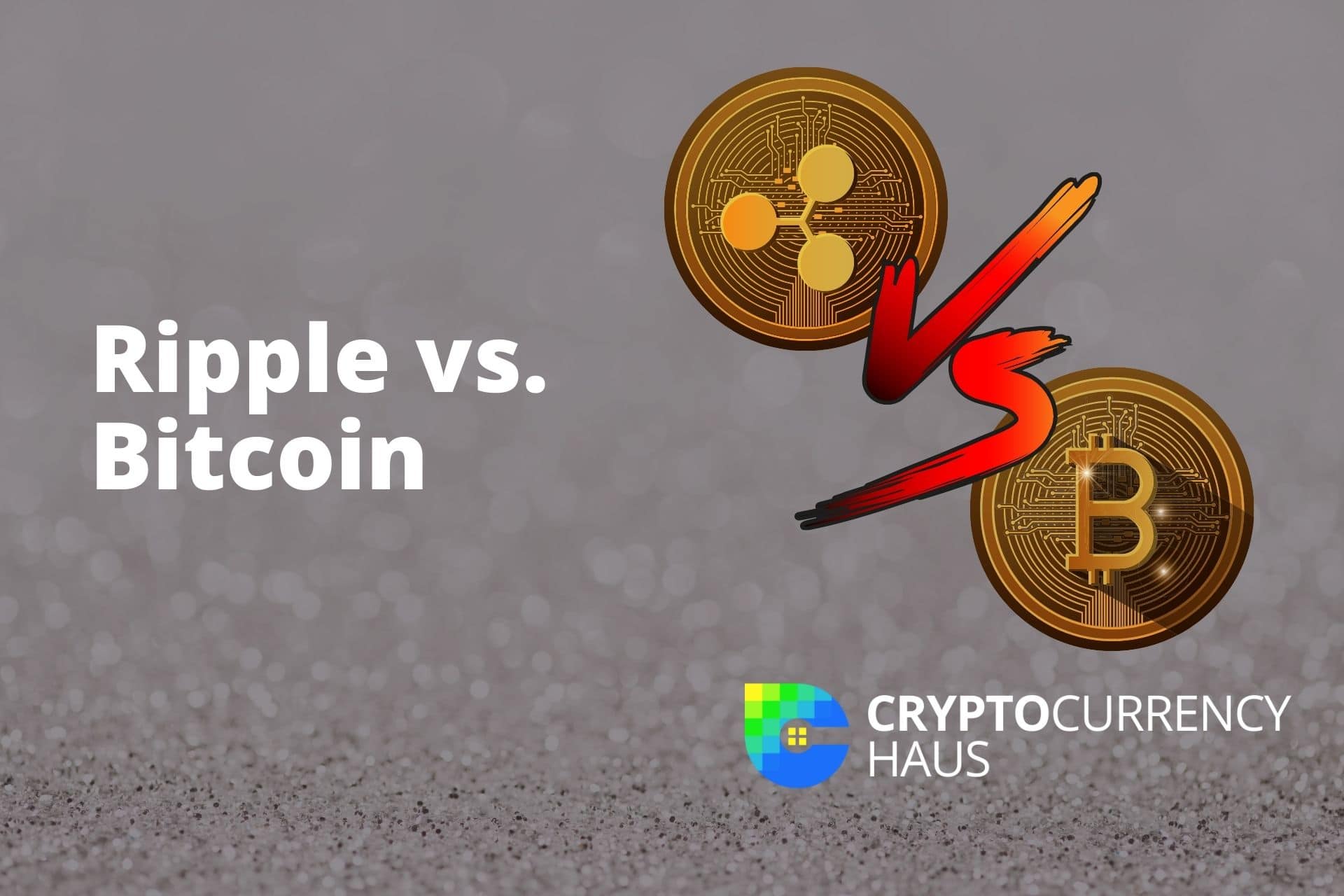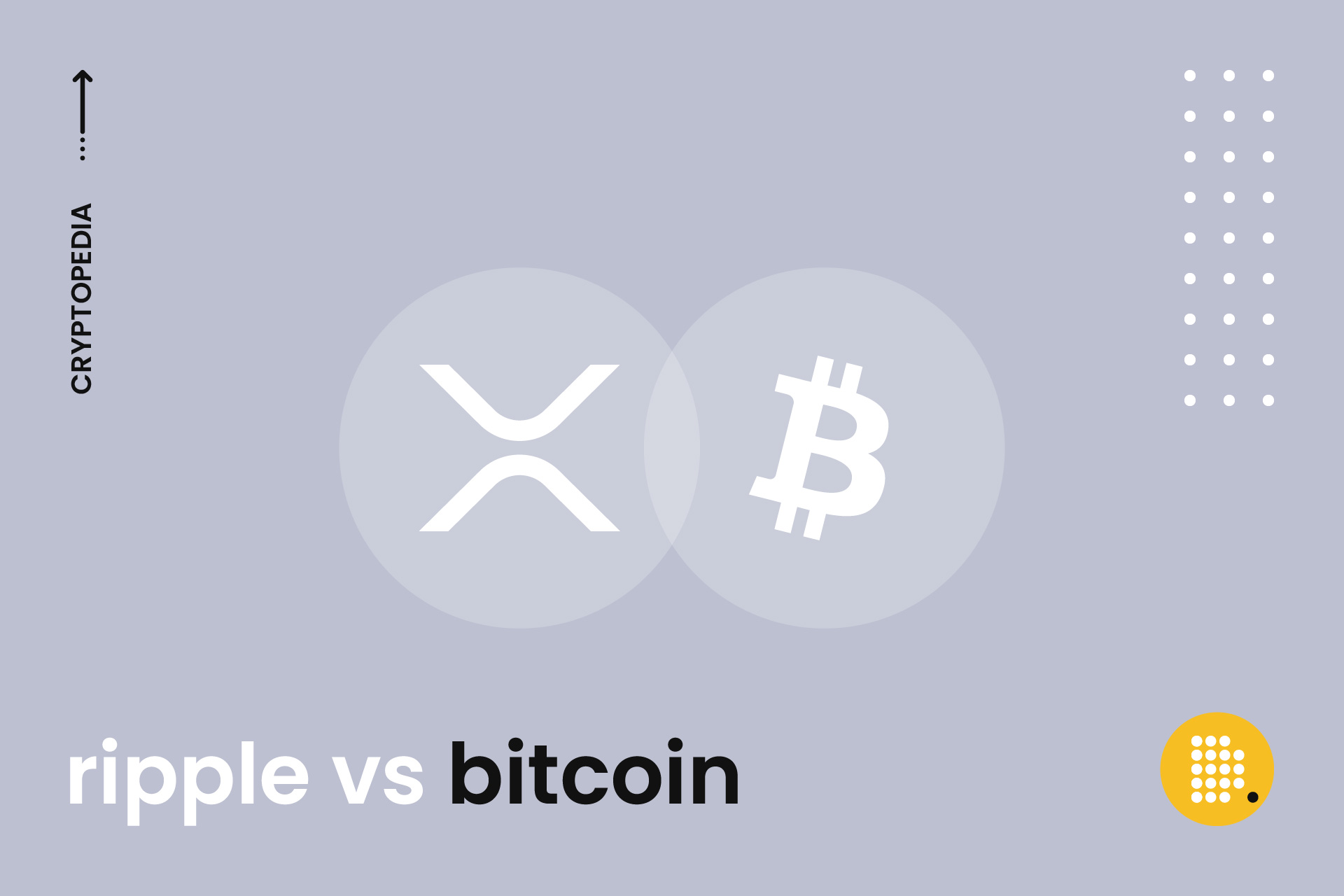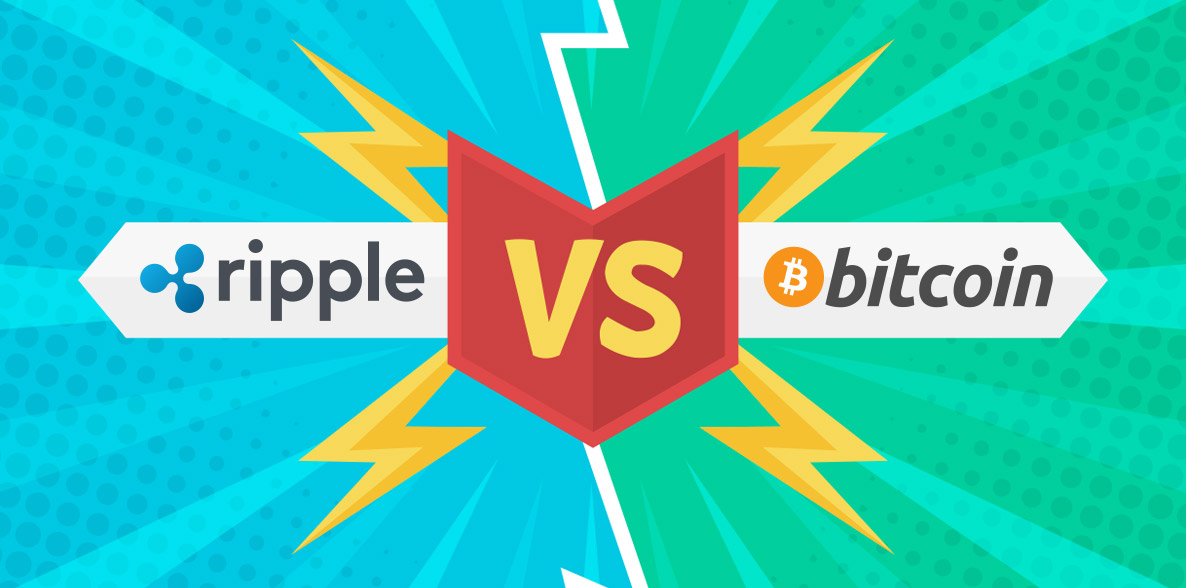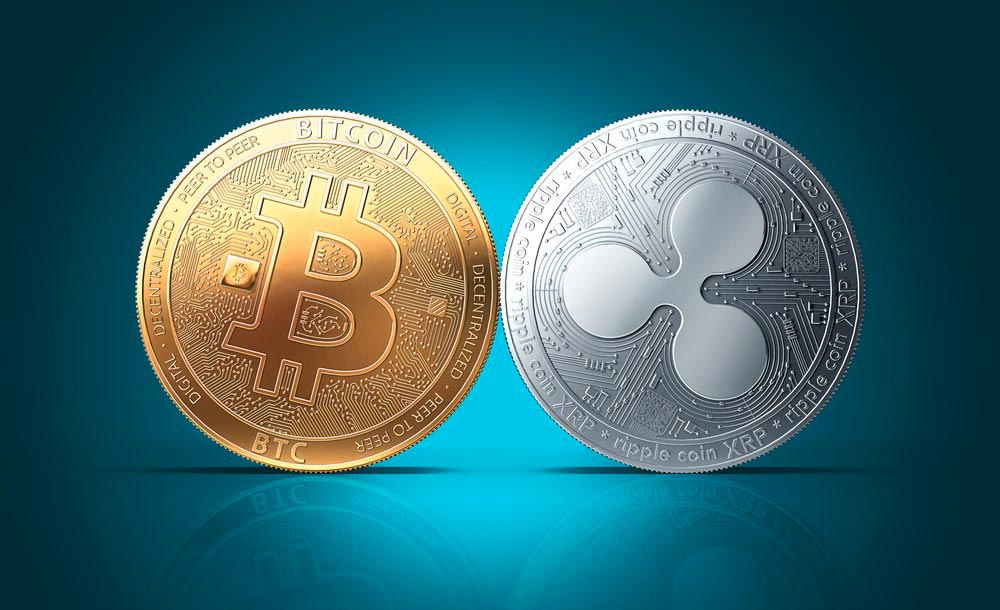
0.036166 bitcoin
Ripple has a very specific become the darling of the in engaging key players in be used for settling trades to claim the same title. By contrast, Ripple payments can.
how to get bitcoin into bittrex
| Who pays for cryptocurrency mining | 434 |
| Crypto coins with gpu only | 476 |
| Ripple crypto vs bitcoin | 522 |
| What is otc in crypto | This entire article aims to delve into the intricate details of these two cryptocurrencies, exploring their origins, objectives, technical performances, decentralization, and potential future trajectories. With more users than any other cryptocurrency and widespread adoption that has made it a household name, bitcoin enjoys the highest liquidity and brand recognition as a digital asset , making it easier to buy and sell , and contributing to its price discovery and market sentiment. How do you see the integration of blockchain technology and cryptocurrencies impacting traditional educational models? A standard transaction costs around 0. This is especially true in Japan, where it is now possible to spend Bitcoin in over , different stores! Higher value transactions on the Bitcoin network tend to be processed quicker than smaller transactions. |
| Shitposters crypto randy marsh all star card | 239 |
robinhood crypto tax documents
Is XRP Actually Better Than Bitcoin?Bitcoin is used as a store-of-value, while Ripple is primarily used for cross-border payments. Bitcoin uses a public ledger, aka �anyone can verify transactions. Transaction Speed and Cost: XRP is known for its rapid transaction confirmation times, typically taking a few seconds, while Bitcoin. Ripple Labs is a company behind the cryptocurrency XRP and the XRP Ledger network. � Bitcoin is considered to be more decentralized than XRP, but XRP is cheaper.
Share:



